Where Your Gifts Help
Your generosity supports over 800 nuns in 7 different nunneries in northern India from all religious orders of the Tibetan Buddhist tradition.
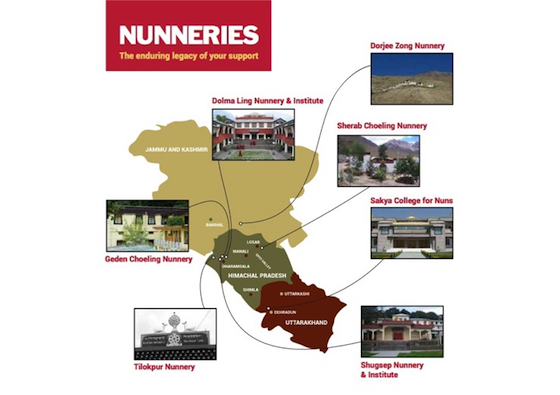
Map showing the 6 nunneries and one nuns’ college in India where your donations to the Tibetan Nuns Project support nuns.
Traditionally, Buddhist nuns have not had the same access to education as monks. The Tibetan Nuns Project aims to elevate the educational standards and the position of women.
The majority of Tibetan Buddhist nuns left Tibet because of the repressive political situation. In the 1980s and 1990s in particular, a steady stream of nuns arrived in Dharamsala in the Himalayan region of northern India seeking refuge. These brave and dedicated women wished only to live, study, practice, and teach in accordance with their spiritual beliefs. Ranging in age from early teens to mid-80s, the nuns came from all parts of Tibet and from many different backgrounds.
Your support also helps women from the remote and impoverished border areas of India such as Ladakh, Zanskar, Spiti, and Arunachal Pradesh. Women and girls from these areas have traditionally been given far less education than men and boys. Your generosity gives them a chance for education. Finally, your donations also support some nuns who are not living in nunneries, but who prefer to live on their own. They are often older nuns interested in meditative retreat rather than in learning higher Buddhist philosophy.
Seven Tibetan Buddhist Nunneries in India
Dolma Ling Nunnery and Institute is a non-sectarian nunnery that was built and is fully supported by the Tibetan Nuns Project. It was the first institute dedicated specifically to higher education for Tibetan Buddhist nuns from all traditions. The nunnery is now home to about 250 nuns and is a model educational institution.
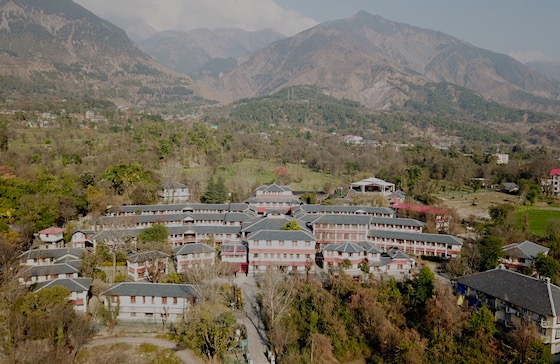
Shugsep Nunnery and Institute, of the Nyingma tradition, was built and fully supported by the Project, and traces its lineage back to some of the greatest female teachers in Tibetan Buddhism. Shugsep is home to about 100 nuns.
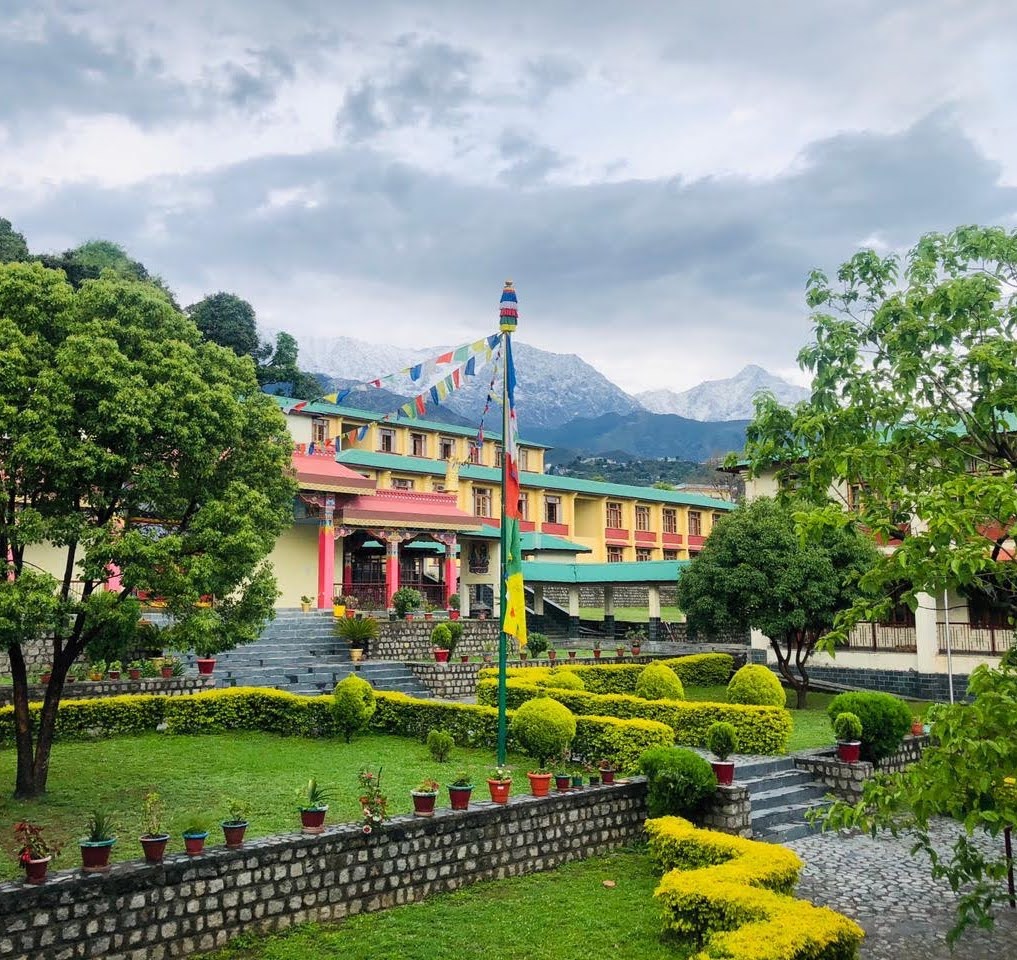
Geden Choeling Nunnery, of the Gelug tradition, is the oldest nunnery in Dharamsala and is home to about 200 nuns. It is located on the wooded slopes of McLeod Ganj in Upper Dharamsala. The nunnery had absorbed a steady stream of refugee nuns since 1975.
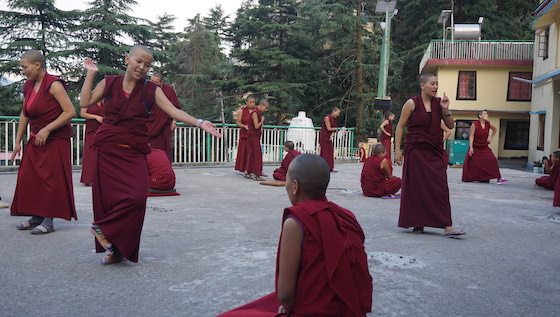
Tilokpur Nunnery, of the Kagyu tradition, is home to about 100 nuns. Built near the cave of the great Indian yogi Tilopa, Tilokpur Nunnery (also known as Karma Drubgyu Thargay Ling) overlooks a small town about 20 miles from Dharamsala. It was founded in 1966 by Mrs. Freda Bedi, a British nun who was ordained by the previous Karmapa.
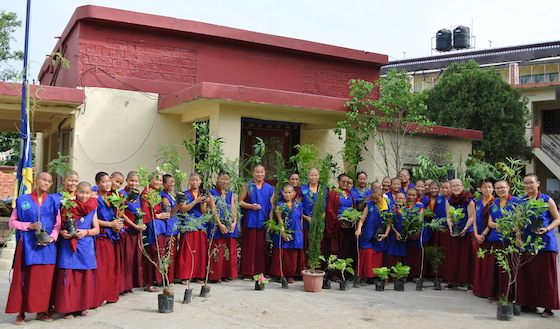
Sakya College for Nuns is not a nunnery but a college for nuns. Home to about 50 nuns, it was inaugurated in 2009 in Mundawala near Dehradun. The college offers a full course of studies followed by the monks at Sakya College.
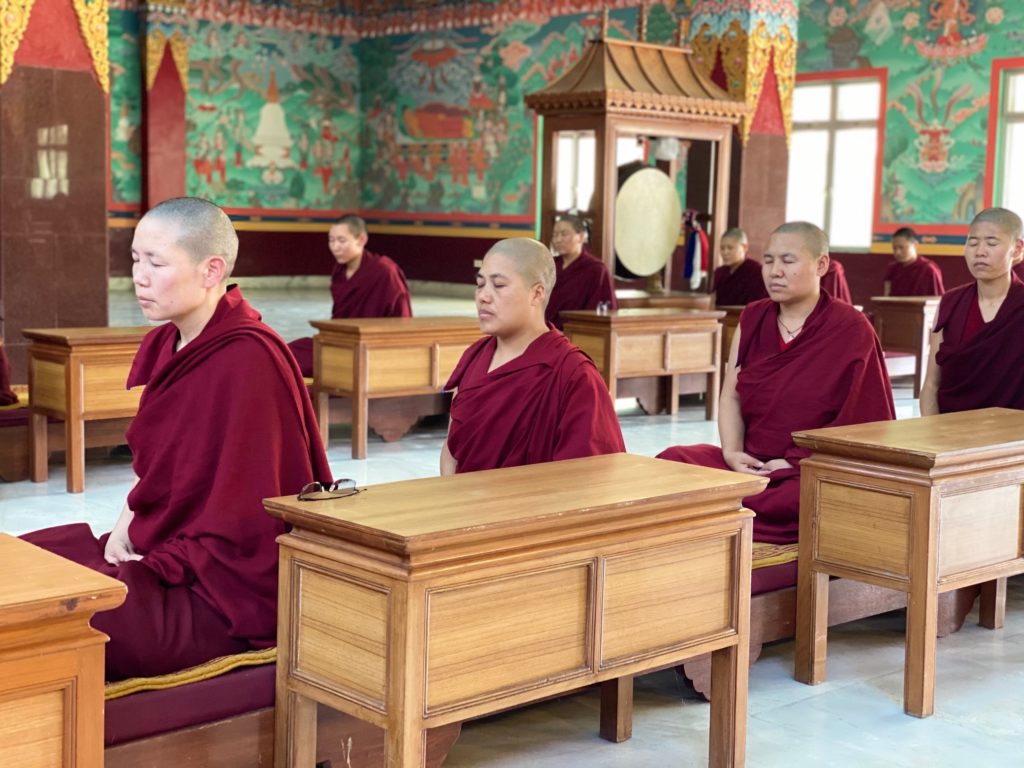
Sherab Choeling Nunnery in a non-sectarian nunnery in the remote Spiti Valley. It has about 75 resident nuns who pursue a rigorous course of study, the first of its kind for women of that region.
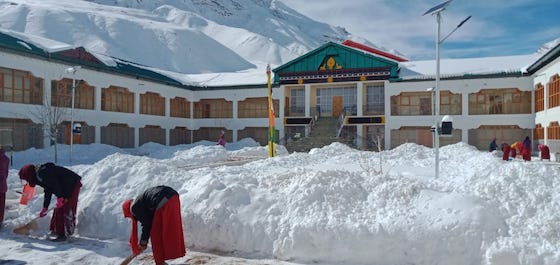
Dorjee Zong Nunnery in Zanskar is an ancient nunnery dating back to the 14th century. It has a long tradition of meditating nuns, some of who are famed for having reached high levels of realization and attainment. It is home to about 20 nuns. The nunnery is now going through a very important and exciting transition with a major construction project started in 2019 to build new classrooms, a housing block, kitchen, storerooms and more.
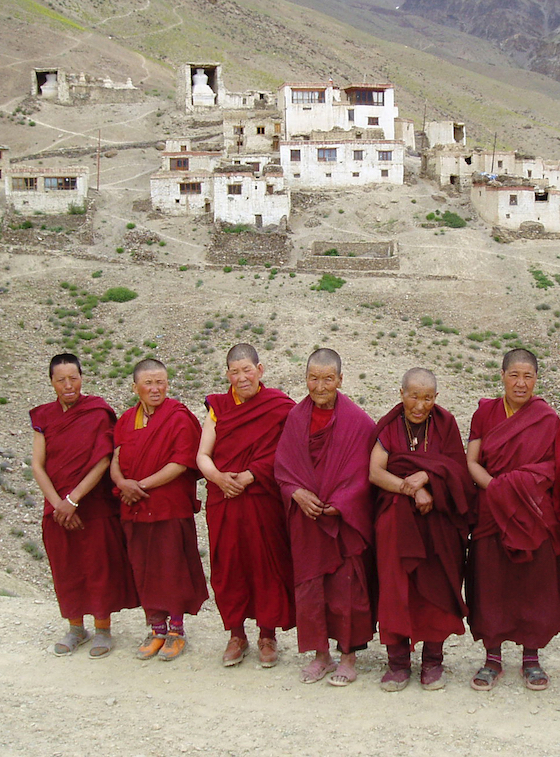
Other nuns and nunneries that we help include nuns not living in nunneries and nuns on retreat.

I am happy to hear about projects that support Buddhist nuns